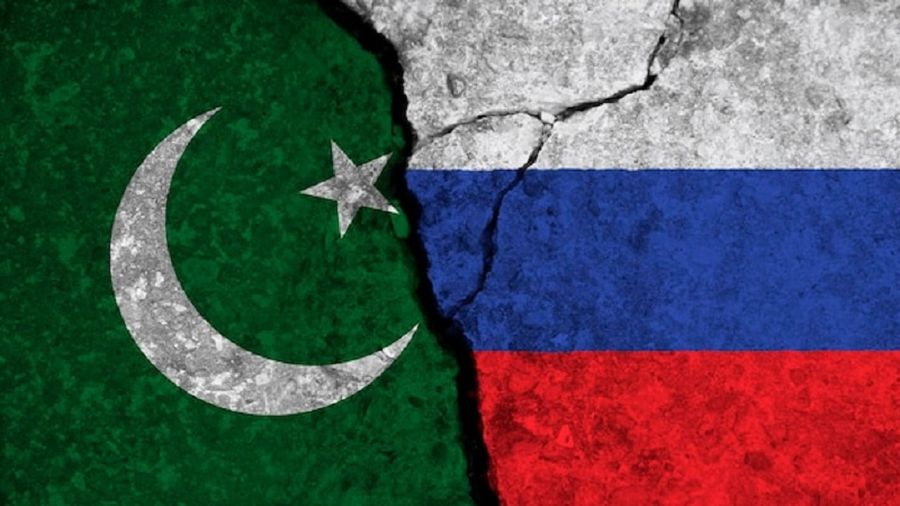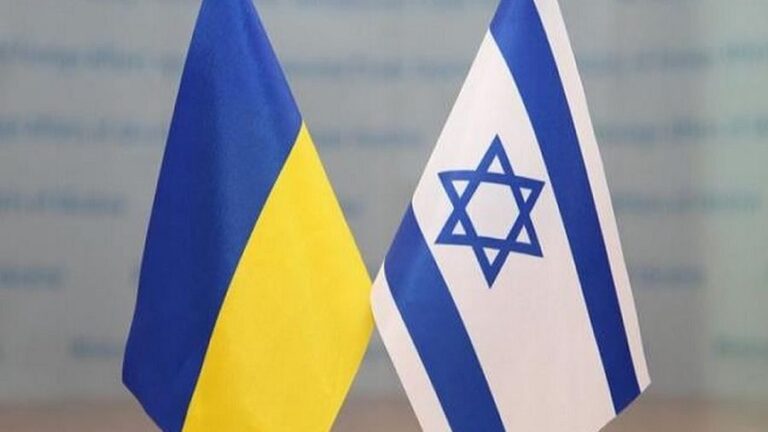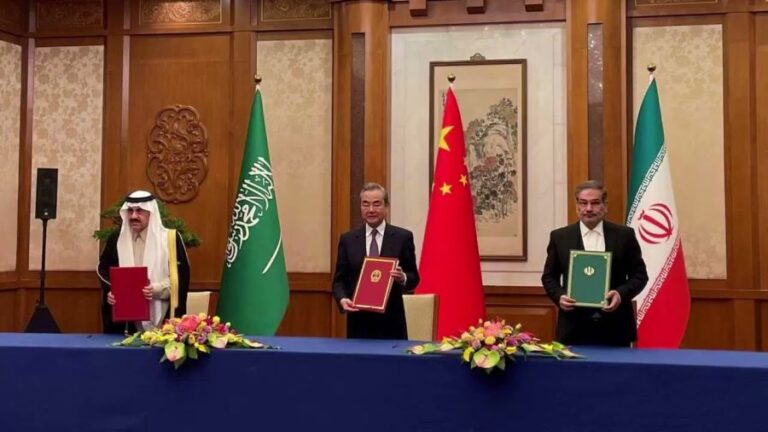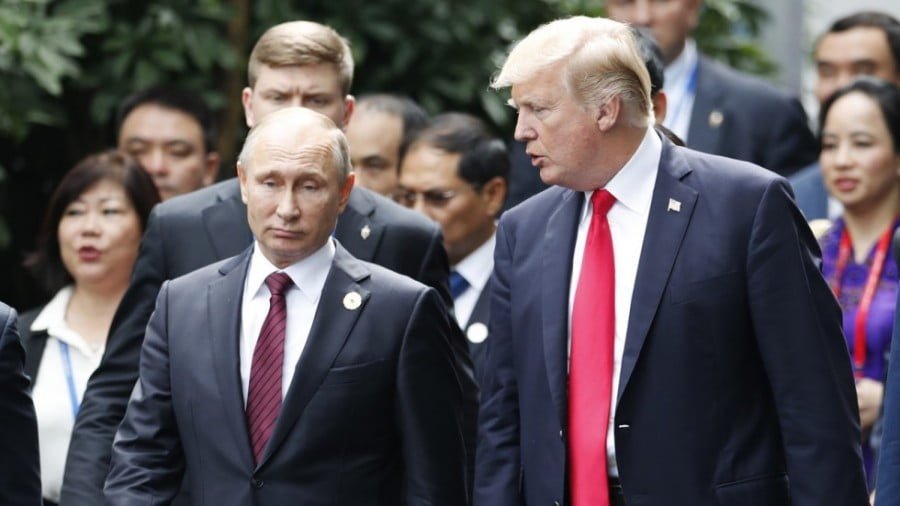Explaining Putin’s Hint That Afghanistan Will Determine the Future of Russian-Pakistani Ties
By cleverly clothing his concerns in such a way that casual observers would be convinced that he was only talking about their complementary multipolar potential whose success is dependent on Pakistan positively influencing the situation in Afghanistan, the Russian leader was able to send a signal that only astute observers would understand without unnecessarily dramatizing the future of their relations.
President Putin hinted during his meeting with Pakistani Prime Minister Shebhaz Sharif that Afghanistan will determine the future of bilateral ties, which was the first time since the end of the Old Cold War that Russia implied that its relations with any non-Western state are dependent on its partner’s ties with a third party. He made that suggestion when talking about their complementary multipolar potential in order to not to give any reason for observers to suspect that he was referring to a repeat of their rivalry over that country during the 1980s. Considering the subject’s sensitivity, it requires careful explanation.
The Taliban accused Pakistan, with whom it’s in a very dangerous security dilemma nowadays, of allowing an American drone to transit its airspace last month en route to bombing Afghanistan to allegedly take out of the Al Qaeda chief. The Russian Ambassador to that war-torn country warned shortly after the incident that it could counterproductively lead to more terrorists joining ISIS-K. A few weeks later, that group claimed responsibility for a suicide attack against his embassy in Kabul, which prompted some to wonder whether Pakistan had intelligence about this but didn’t share it.
Russia regards ISIS-K as a regional security threat for two primary reasons. First, this group in and of itself could obviously destabilize the Central Asian Republics (CAR) through direct means, which would in turn complicate Russia’s own security. And secondly, even its destabilization of just Afghanistan could indirectly lead to that outcome through large-scale refugee flows into those countries, which terrorists could also use as cover for infiltrating them and possibly even traveling from there to Russia. These scenarios can only be defended against by strengthening ties with the CARs and especially the Taliban.
It’s this second aspect of Russia’s regional anti-terrorist strategy that concerns the future of its relations with Pakistan. While Moscow has a principled non-ideological policy of not taking sides in bilateral disputes between pairs of partners, it can’t help in this context but to become worried by the rapidly deteriorating ties between Pakistan and the Taliban. This is especially the case after Islamabad arguably allowed an American drone to attack Afghanistan and the swirling suspicions that its powerful ISI spy agency sat on information about ISIS-K’s terrorist attack against the Russian Embassy.
That’s not at all to imply that the Taliban is innocent since its political support (if not more) of the Tehreek-i-Taliban Pakistan (TTP or “Pakistani Taliban”) that’s designated by Islamabad as terrorists is a major reason why their relations soured since America’s chaotic evacuation from Afghanistan over a year ago. Be that as it is, this particular dimension of their security dilemma isn’t considered by Russia to be relevant to its own regional anti-terrorist interests since the TTP doesn’t have any designs against the CARs like ISIS-K does, hence why it doesn’t figure into Moscow’s policymaking.
By contrast, Pakistan’s alleged responses to the threat posed by the Taliban through its TTP allies have had consequences for Russia’s own interests. The accusation that the US’ “Major Non-NATO Ally” allowed its airspace to be used for bombing Afghanistan ran the risk of inadvertently aiding ISIS-K’s recruitment efforts like the Russian Ambassador to that country warned shortly after. As for the suspicions that ISI declined to pass along intelligence about that group’s embassy attack, this could have been a Machiavellian means to dislodge Russia from its role in the Taliban’s geo-economic balancing act.
Considering the sensitivity of these credible concerns about the impact that Pakistan’s suspected actions (or lack thereof in the case of the second example) are having on Russia’s security interests, it makes sense why President Putin would only hint at them in his meeting with Shebhaz Sharif. Discussing them directly wouldn’t be useful since there’s no chance that his counterpart would acknowledge any of this, which he might not even be aware of considering his role as a US-installed placeholder of The Establishment’s pro-American school of thought that carried out a post-modern coup earlier this year.
By cleverly clothing his concerns in such a way that casual observers would be convinced that he was only talking about their complementary multipolar potential whose success is dependent on Pakistan positively influencing the situation in Afghanistan, the Russian leader was able to send a signal that only astute observers would understand without unnecessarily dramatizing the future of their relations. This approach was undertaken because Russia has no intention of reviving its Old Cold War-era rivalry with Pakistan in Afghanistan even if Islamabad becomes an obstacle to Eurasia’s multipolar integration.
In that scenario, relations would simply chill, with the publicly plausible pretext being that they couldn’t tap into their complementary multipolar potential due to the continued instability in Afghanistan. Both could therefore “save face” and thus lessen the pressure to directly react to the other’s respective moves in that third country in order to preemptively avert the emergence of their own security dilemma there. Even though the US arguably envisages Pakistan remixing its prior proxy role against Russia in Afghanistan, its pro-American school of thought might realize how mutually detrimental this would be.
Should Russian-Pakistani relations be disadvantageously affected by a worsening of the Pakistani-Taliban security dilemma like realistically appears to be in the cards absent an unexpected breakthrough in those neighboring parties’ ties, it wouldn’t necessarily be too troubling so long as they pragmatically manage that development. They can always restore the prior momentum in their relations sometime in the future upon that aforesaid security dilemma being resolved, but for that to happen, they’d both need to stick to the script that it was Afghan instability that was responsible and not Pakistani policy.






